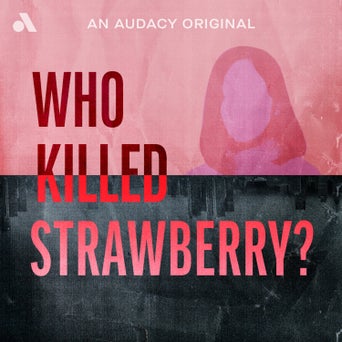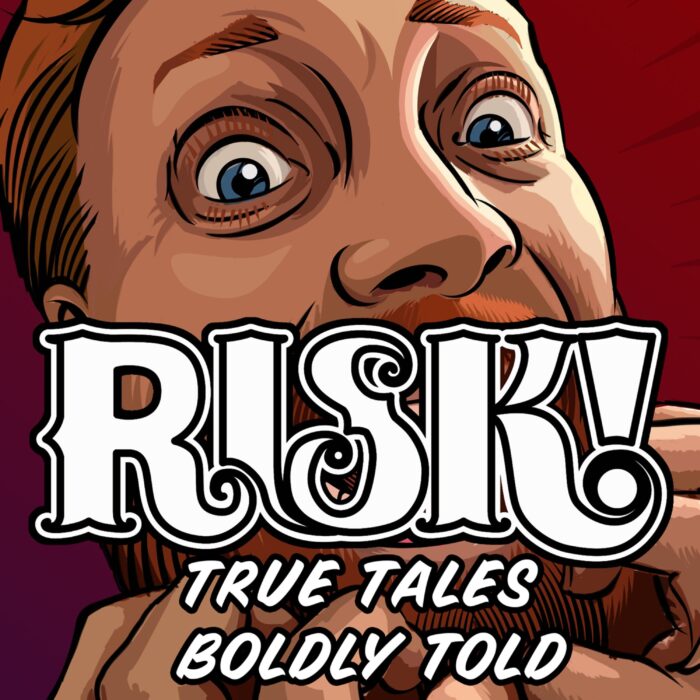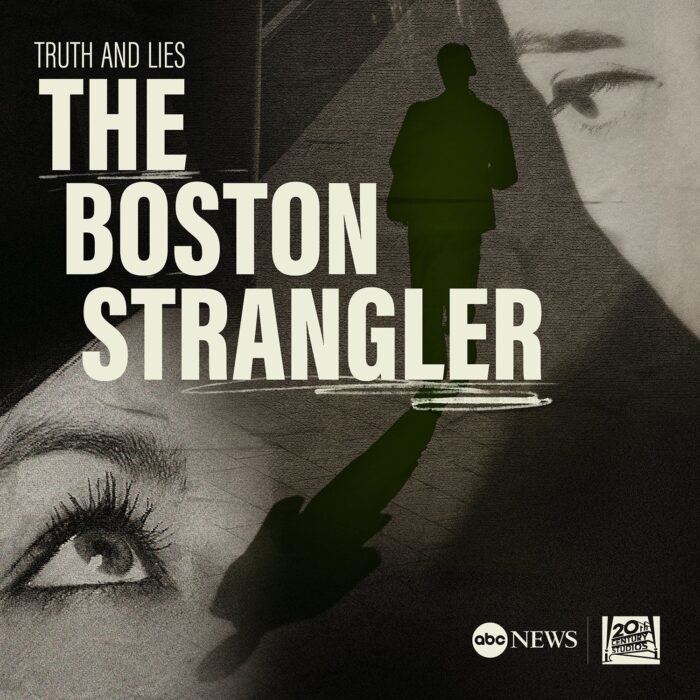‘BioHacked: Family Secrets’ begs the question: are popular at-home DNA tests wrongly compromising donor privacy?
Dax and Alesha are joined by T.J. Raphael, the host of the hit new podcast “Biohacked: Family Secrets.”
This podcast explores family secrets hidden for decades by the highly lucrative and largely unregulated sector of the American medical system of egg and sperm donations. With at-home genetic testing products and services like 23andMe becoming widely available, the secrets of this industry are only just now coming to light.
“Biohacked: Family Secrets” follows the adult children of anonymous sperm and egg donors who have dozens to even hundreds of half-siblings. T.J.’s podcast follows them on their journeys to find their biological relatives and find out more about the industry that created them. In doing so, they are going head to head with an industry that wants to keep anonymity and secrecy as their number one priority. T.J. tells us that this podcast explores themes of science, politics, ethics, family, sex, and identity.
Alesha also adds on that this podcast addresses how something as innocent as gifting an at-home genetic test kit to a friend or family member can unpack layers and layers of family secrets. She tells us that the podcast explores both sides of these donations from donors and donor-conceived people. It touches on the people who confronted their parents asking about potential infidelity only to find out that’s not the case as well as conversations about infertility and the shame that can come with it.
T.J. says that as she goes deeper into this first season of “Biohacked,” they talk more about all of these subjects. She says there is a misconception that women experience infertility more often, but actually in 40% of all infertility cases it is male-factor infertility.
She also talks about the blame and shame that resulted from this practice. In the ’80s and ’90s, when the practice of donor-ship was in its infancy, doctors were adamant that parents never tell anyone in their lives about the egg or sperm donation they received, even their children. She says that only the medical community is truly to blame for shaming people into secrecy, tacking on that they never could have foreseen products like 23andMe even two decades ago.
Alesha asks what T.J. thinks about the donors’ rights to privacy, which T.J. says is a difficult subject. She recently interviewed a donor who began donating his sperm at just 19 and does not want contact with the children that came from his donation. T.J. says that his mother did a 23andMe test that connected her to a few of his donor-conceived offspring that she is now calling her grandchildren, despite the fact that he simply wants his privacy.
T.J. says that the fertility industry needs to write a new playbook for navigating these issues. While the fertility industry is still harping on maintaining privacy now more than ever, T.J. believes they should shift their thinking to asking how all involved parties can be respected.
“Biohacked: Family Secrets” also dives into more ethical questions, one specifically pertaining to rare genetic diseases. In episode six of the podcast, T.J. speaks with a now-32-year-old woman who found out after a hard fall in gymnastics class at just 6 years old that she had a rare kidney disease.
The sperm donor who is her biological father told the cryobank that his mother, aunt, and sister all suffered from kidney disease. The clinic went on to sell 320 vials of his sperm without informing buyers of this history, simply because they were not legally required to do so. This means that any child who was conceived with his sperm has a 50% chance of getting that same disease.
Dax asks how donors and donor-conceived children are getting connected through sites like 23andMe, to which T.J. says that you can opt-in to have relatives connect with you on this site. Now, most anonymous donors aren’t doing these at-home genetic tests, and they certainly aren’t opting to being connected with their offspring, but their relatives are. To truly not be contacted, anonymous donors would need to tell every single one of their blood relatives within one to two degrees of relation to them to not do something like 23andMe.
T.J. says that her inbox has been blowing up with listener stories. She’s hearing from donor-conceived people and anonymous donors, she’s being told real switched-at-birth stories, she’s hearing from people who found out their sister is actually their mother, and she’s also hearing from people who were victims of fertility fraud. She doles out a word of warning that before doing 23andMe, people need to be ready for a Pandora’s Box of information they might not actually want to know.
As for podcasts that T.J. loves, she says that she’s been listening to “Savage Lovecast” for years. It’s a podcast all about sex, love, and relationships, and she especially loves the messy drama calls. Another one of her favorites is “Who? Weekly,” a podcast deciphering and celebrating pop culture’s favorite celebrities.
T.J. Raphael’s Picks
Biohacked: Family Secrets
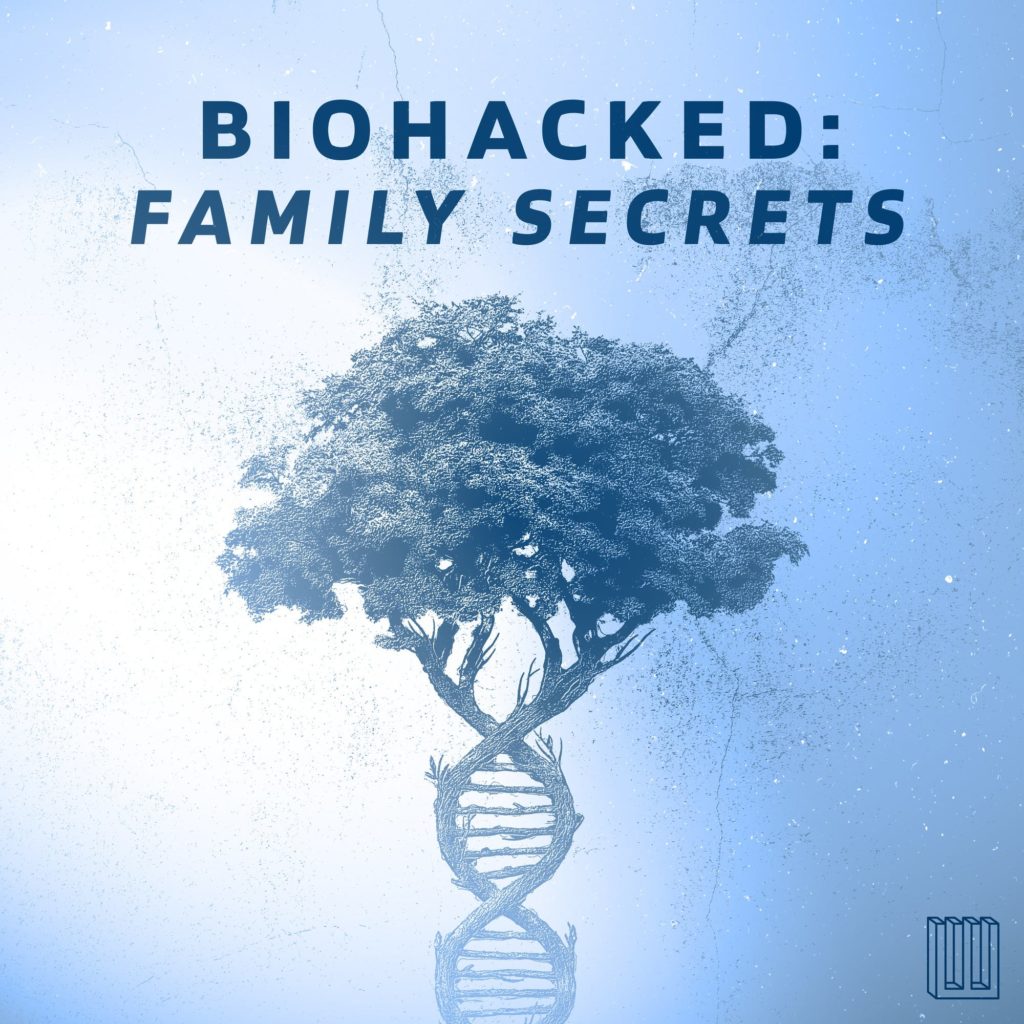
Savage Lovecast
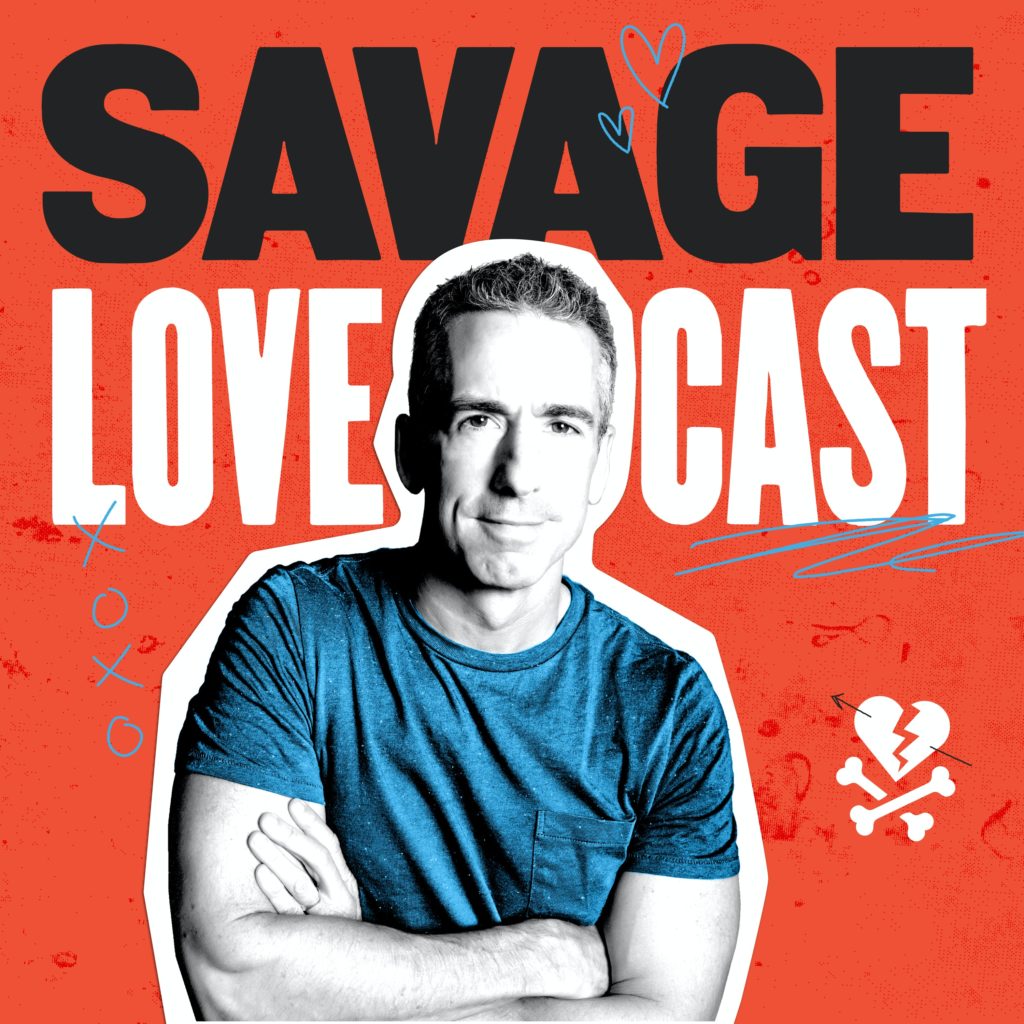
Savage Lovecast
Who? Weekly




